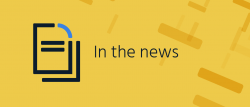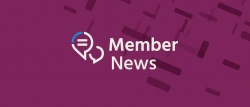Network Break 331: Proofpoint Goes Private In $12 Billion Deal; Defense Dept. Unveils IPv4 Address Cache
Guest analyst Johna Till Johnson, CEO and Founder of Nemertes Research, joins the Network Break to discuss a variety of IT news including the rising price of copper, Proofpoint going private in a $12.3 billion deal, why the US Defense Department suddenly began advertising a huge block of IPv4 addresses, and space networking.
The post Network Break 331: Proofpoint Goes Private In $12 Billion Deal; Defense Dept. Unveils IPv4 Address Cache appeared first on Packet Pushers.




